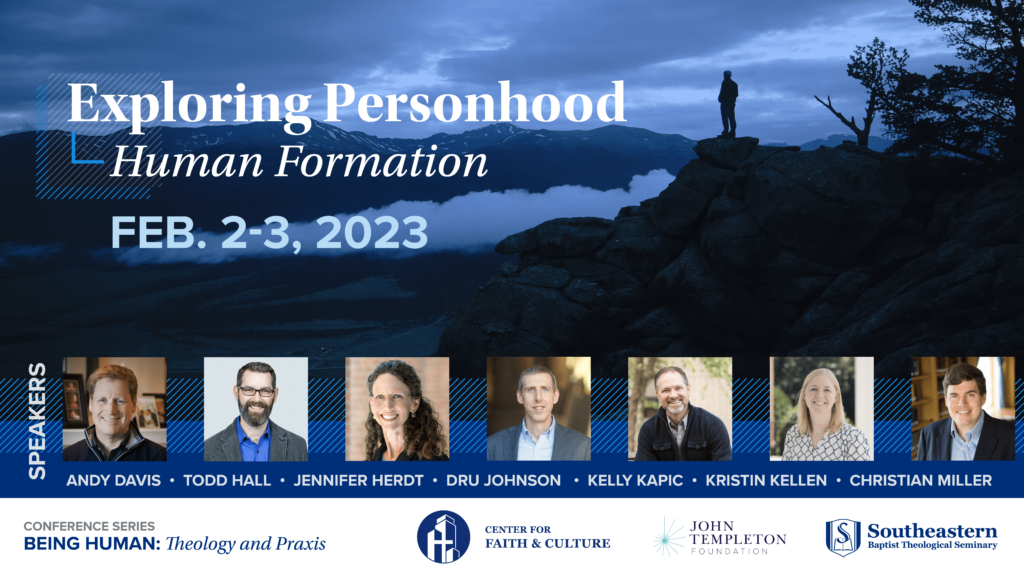Meet Christian Miller
Christian B. Miller is the A. C. Reid Professor of Philosophy at Wake Forest University. He is currently the Director of the Honesty Project, funded by a $4.4 million grant from the John Templeton Foundation. In recent years he was the Philosophy Director of the Beacon Project (www.moralbeacons.org), funded by a $3.9 million grant from Templeton Religion Trust, and the Director of the Character Project, funded by $5.6 million in grants from the John Templeton Foundation and Templeton World Charity Foundation. He is the author of over 110 academic papers as well as Moral Psychology with Cambridge University Press (2021) and four books with Oxford University Press, Moral Character: An Empirical Theory (2013), Character and Moral Psychology (2014), The Character Gap: How Good Are We? (2017), and Honesty: The Philosophy and Psychology of a Neglected Virtue (2021). He is a science contributor for Forbes, and his writings have also appeared in The New York Times, Wall Street Journal, Dallas Morning News, Slate, The Conversation, Newsweek, Aeon, and Christianity Today. Miller is the editor or co-editor of Essays in the Philosophy of Religion (OUP), Character: New Directions from Philosophy, Psychology, and Theology (OUP), Moral Psychology, Volume V: Virtue and Character (MIT Press), Integrity, Honesty, and Truth Seeking (OUP), and The Continuum Companion to Ethics (Continuum Press).
Lecture Topic
Empirical Evidence for Spiritual Formation? What Does Research in Psychology, Sociology, and Other Fields Have to Offer?
Christians typically affirm that spiritual formation is supposed to occur in the life of the believer, and that formation involves, at least in part, the improvement of one’s character. But is there any empirical evidence that such formulation actually take place? The first part of this talk examines what predictions can be made about the characters of believers in light of a commitment to spiritual formation. The bulk of the talk reviews some of the empirical evidence from fields like psychology on whether measures of religiosity correlate with good behavioral outcomes such as increased helping and reduced cheating. The talk ends by noting the limits of what we can and cannot conclude at the present time about whether there is empirical evidence for spiritual formation.






No comments have been added.